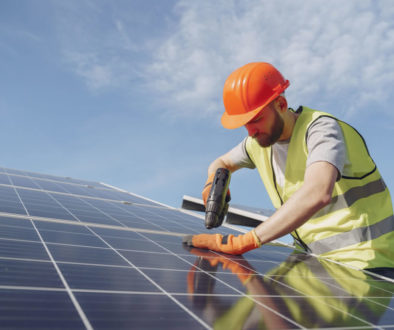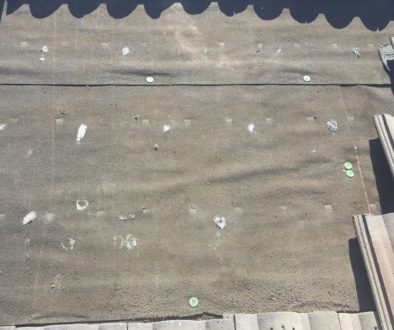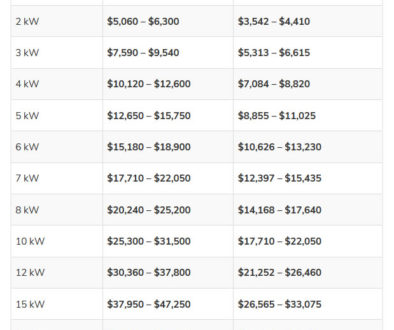How to Get a Solar Tax Credit for a Home Office
The IRS is still offering incentives for switching to solar. Here’s how much you could save on your taxes and electricity bill. The federal credit is still available next year, both for existing homes and new construction. Owners of a home-based business can still get a 10 percent business tax credit for systems installed in 2024 and after.
In December 2020, Congress passed an extension of the ITC, which provides a 26% tax credit for systems installed in 2020-2022, and 22% for systems installed in 2023. The tax credit expires starting in 2024 unless Congress renews it.
Is a solar unit used for a home office eligible for a deduction (my residence is also used for a commercial purpose)?
Yes, but if the residence where you install a solar PV system serves multiple purposes (e.g., you have a home office or your business is located in the same building), claiming the tax credit can be more complicated. When the amount spent on the solar PV system is mostly used for residential rather than business purposes, the residential credit may be claimed in full without added complications. However, if less than 80% of the solar PV system cost is a residential expense, only the percentage that is residential spending can be used to calculate the federal solar tax credit for the individual’s tax return; the portion that is a business expense could be eligible for a similar commercial ITC on the business’s tax return.
The Residential Renewable Energy Tax Credit, as the IRS calls it, can be an attractive way to save on the significant cost of installing solar panels or roofing. An average-sized residential solar system—about 400 square feet of solar panels—costs $18,000, according to the Solar Energy Industries Association, an industry group. The tax break reduces the cost by $4,680, to $13,320.
But not every type of solar installation or expense is eligible for the tax credit. Qualified solar systems that meet IRS guidelines and produce electricity and heat water are covered.
What Qualifies for the Solar Tax Credit
- The entire bill for a qualified system, minus the sales tax. That includes solar panels; labor costs for on-site preparation, assembly, and installation of the system; and piping or wiring to connect the system to your house.
- Installation of a solar system in a primary or second house.
- Systems purchased outright or with a loan.
- Solar roofing tiles, like those being sold by Tesla.
Solar installed in a property that you live in for at least part of the year. That could cover, for instance, a second home that you rent out when you’re not there. The credit is prorated based on how much time you spend in the residence. For a multifamily home in which you live but also collect rent, you may be eligible for either the residential or business tax credit, depending on how much of the property is used for business. Check with a tax expert for details.
What Doesn’t Qualify for the Solar Tax Credit
- Solar installed in an income property in which you don’t maintain your own residence.
- A system that’s leased. In that case, the company that leases it to you gets the credit, though it can pass along all or part of the savings as a discount to you.
- A solar system that’s used to heat a swimming pool or hot tub. The IRS is vague, though, about whether you can prorate your credit—that is, claim a portion of the credit if only a portion of the energy is used to heat your home. Talk to a tax expert for advice.
Learn more about how to get your tax credit here or we can help.



